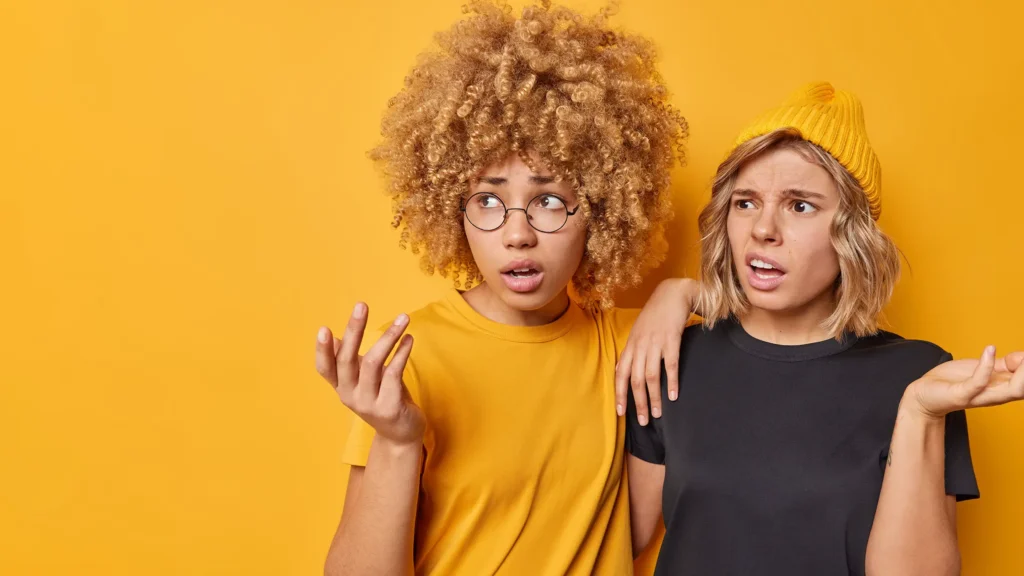Check out timeless, unbeatable retail insights here instead:
Log Into Your Account
Select your login account from the options below
myEDITED
EDITED Market
(formerly Market Intelligence)

Check out timeless, unbeatable retail insights here instead:
